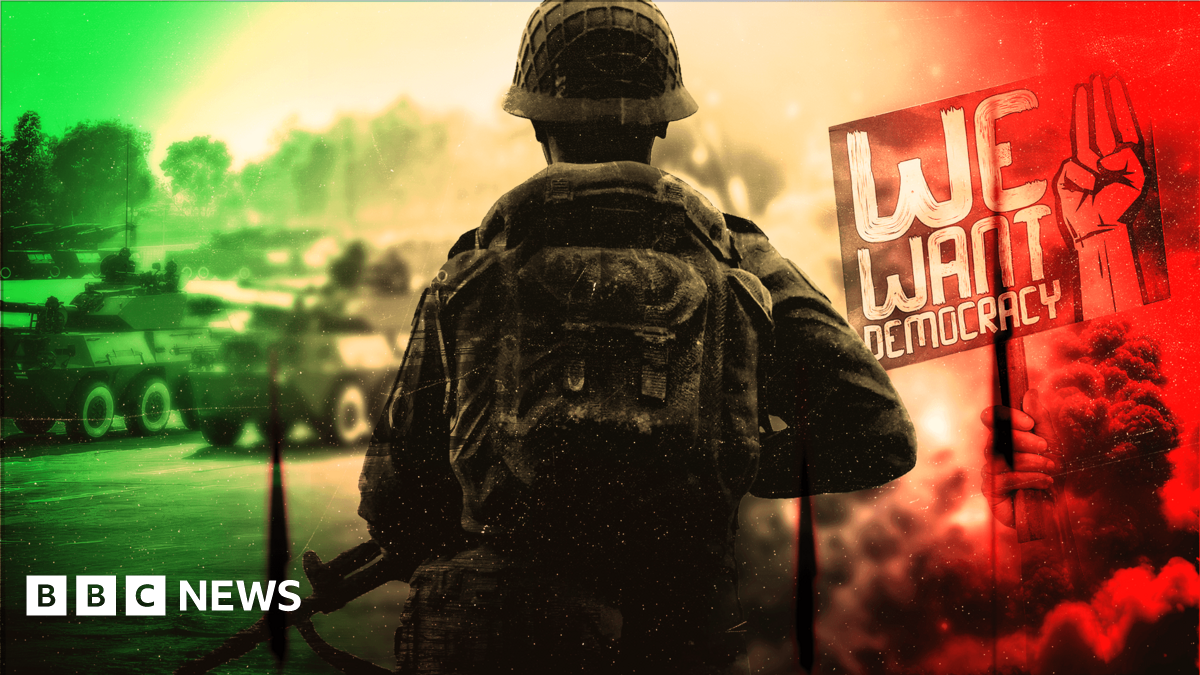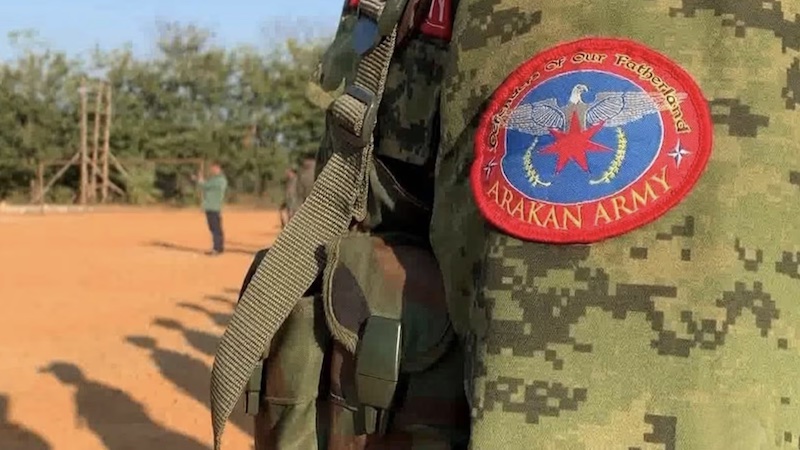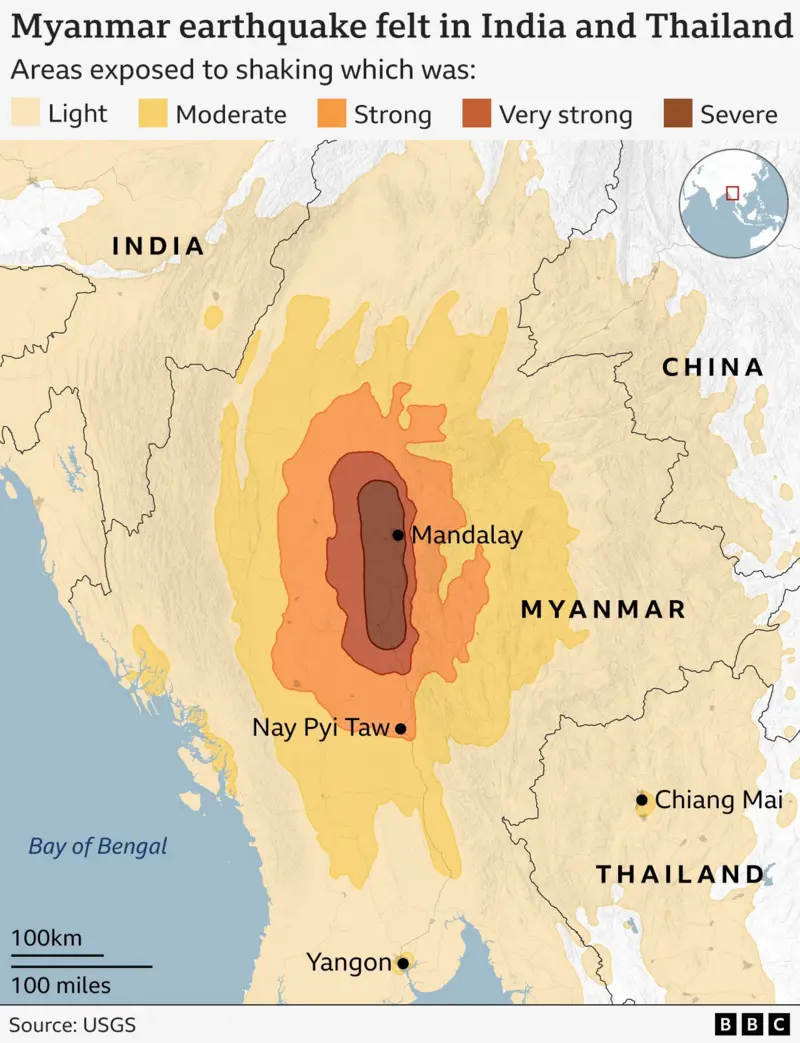There's been a severe earthquake in Myanmar (scale 7.7), with the focus 20km north of Mandalay.
Buildings have collapsed and people have been evacuated in the Thai capital, Bangkok, after earthquakes in neighbouring Myanmar. The epicentre of the quakes was in neighbouring Myanmar near the city of Mandalay, according to the United States Geological Survey. Follow the latest below.

news.sky.com
As people will appreciate, Myanmar is unlikely to be well equipped to deal with severe earthquakes - wealthier Thailand has sustained damage as far away as Bangkok.
Our first thoughts would be with the victims of the earthquake. But to keep it on topic, I think it's very possible that the junta will now find it even harder to hold on to Mandalay and the other towns in the province due to the likely damage to infrastructure. Damage is likely to be more severe in urban areas where the junta is more dominant. The rebel groups are more powerful in the countryside and jungles.
However, due to the lack of information we may not know the situation on the ground for several days, if not weeks.
EDIT: A second earthquake (6.4) came 12 minutes after the first. This was 18km south of Sagaing.
EDIT 2: The capital and centre of the junta's control, Naypyidaw, was significantly hit. The airport has been wrecked and roads destroyed.
Personally if I was the junta I'd be reassessing the war effort and look to try to negotiate some sort of peace-surrender deal with the rebels. They seem completely incapable of dealing with this humanitarian emergency. If the military were struggling before, it's going to get even worse now that their core territory has been decimated. You can see on this map the intensity of the earthquake - the severe, very strong and strong bubble was mostly in junta hands in January. From a strategic point of view, the earthquake couldn't have happened in a worse location for the junta.
 thedefensepost.com
thedefensepost.com








